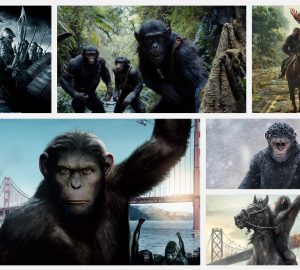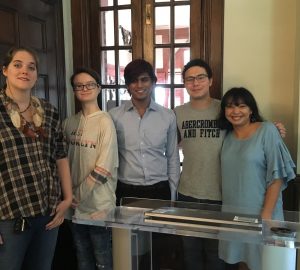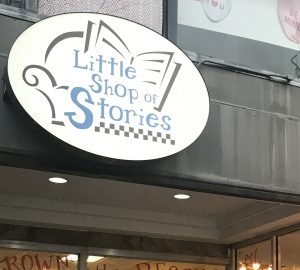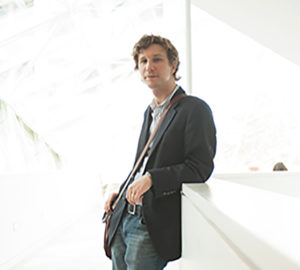Written by Shelley Danzy, contributor
“To understand the world, my only tool I have is language,” said Ira Sukrungruang, who kicked-off the Fall 2014 SCAD Ivy Hall Writers Series. Sukrungruang read excerpts from his first book of poetry, “In Thailand It Is Night,” and from his latest book of essays, “Southside Buddhist.”
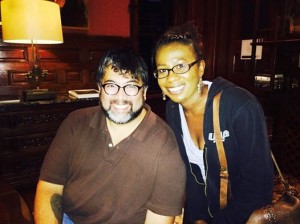
From the title essay, Sukrungruang shed light on his identity in a section titled “Who Are You?” He read, “Later that semester, Ms. B told me during a conference that I was confused. On my papers, I wrote eloquent and insightful responses to the work we read … In class, I was a brainless twit. ‘Eventually, you’ll have to choose.’ Ms. B put on her glasses for the first time and peered at me. ‘Which one will you be?’”
Sukrungruang, who originally began writing fiction, found himself motivated by nonfiction because there were many questions about his life that he wanted answers to. “For 36 years my parents were successful, yet they were unhappy … I became the immigrant son, inheriting their disappointment.” In order to find out the source of his sorrow, he found himself reevaluating the American Dream. “Nonfiction made me evaluate me,” said Sukrungruang.
With the same honesty Sukrungruang shares in his writing, he encouraged the audience to keep digging in order to get the story behind the next story:
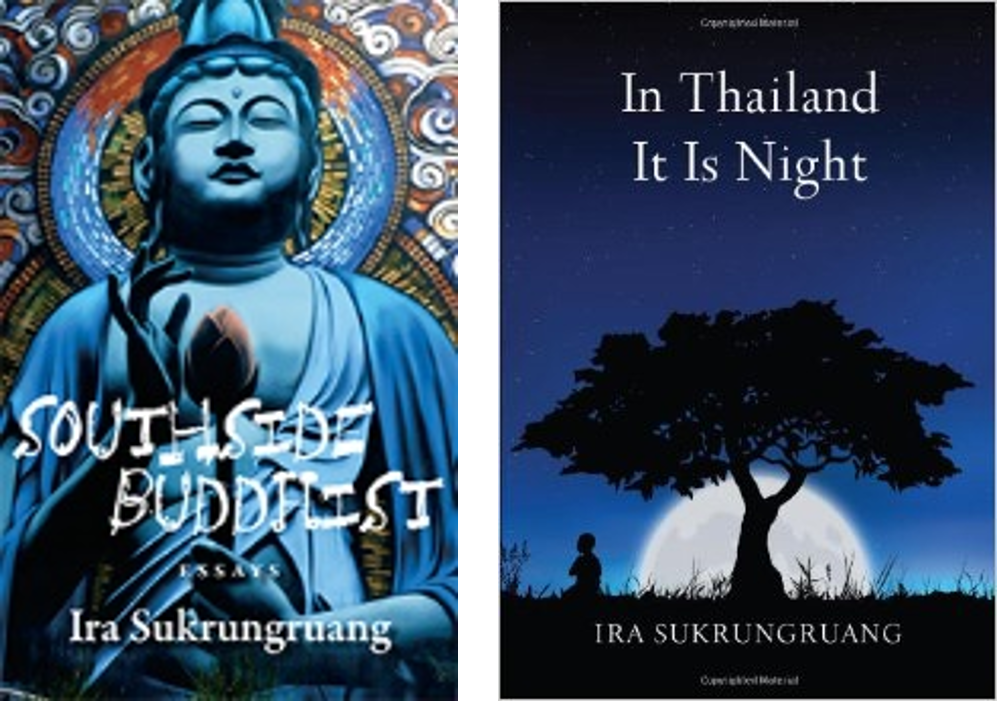
Uncover the beauty of nonfiction. Readers read nonfiction for the “why,” not for what happens. There’s a beauty in interrogating things that have been forgotten.
Realize you’ll never get answers, but keep on asking. It’s not about the plot. How you look at what happens and why it’s interpreted in a certain way is what matters.
Never write from any other vantage point other than love and understanding. Don’t write from revenge or hate, which generally only turns into “pity-party” prose.
Be willing to share those unflattering things about yourself, about your life. People live life with vulnerabilities juxtaposed with joy. “Writing about life the way it is,” Sukrungruang said, “explores the necessity of what it is to be human.”
Fear is always going to be there. Write, anyway. Just tell the story; don’t try to control the outcome. Allow yourself to be surprised and shocked. Leave it to the reader to discover your experiences.
Keep digging until there’s nothing more to uncover. Interrogate every aspect of your ideas. “Exposition is simply writing our secrets,” Sukrungruang said. You will know you’re finished once you’ve picked the best parts that represent the best moments of your ideas. Ask yourself, “What are best scenes that change things?”
Sukrungruang mentioned that in fiction, there are flawed characters who may not know they’re flawed. In nonfiction, there are flawed characters, who know they’re flawed – we try to figure out why.
“You want to try and understand something,” said Sukrungruang, “That’s the book.”




